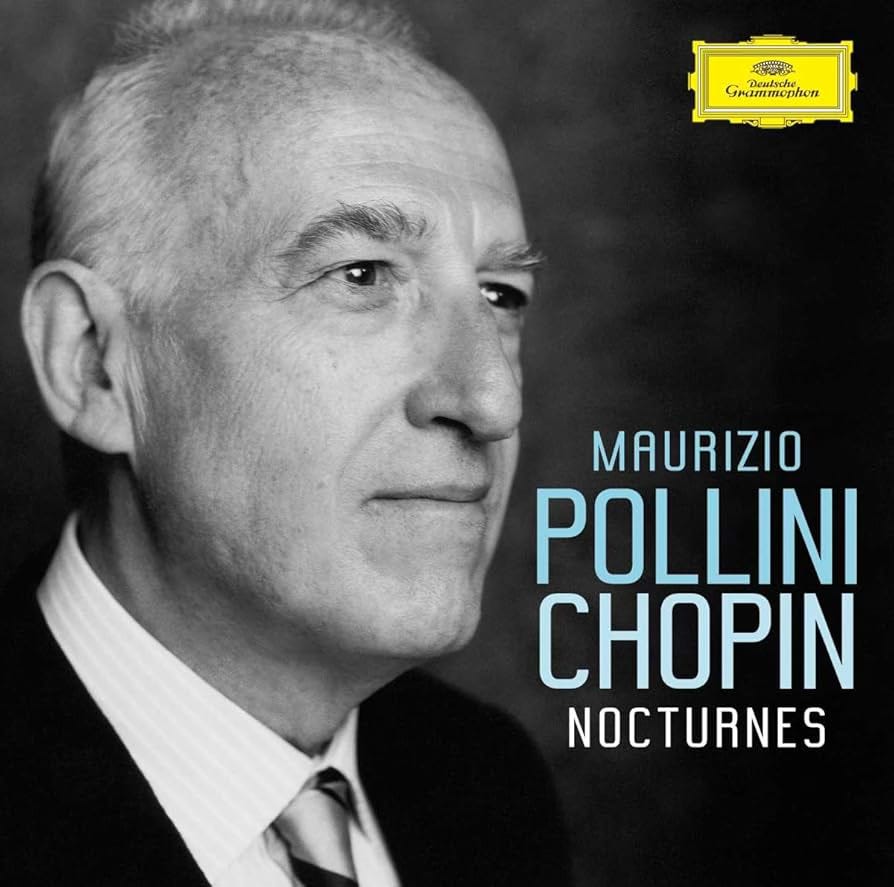THE PITCH
You liked Mussorgsky I think. He's of the Romantic period. (ie post-classical). So why not try some Chopin? I like especially his preludes and nocturnes, though some of his peasant dances like mazurkas are nice. If you like the nocturnes, you can also check out the Irish composer, John Field. He more or less invented the nocturne, but Chopin really ran with it. Nocturnes, like the name suggests, are supposed to evoke the night. Any music that successfully evokes some kind of feeling is music to my ears!
Jon Watts
MY RESPONSE
Since you didn’t point me to a specific album here, Jon, I had a little work to do before I started. Romantic? Post-classical? I feel the depths of my ignorance. What is a nocturne? How will I know which ones to listen to? I discover 19 Chopin nocturnes were published during his lifetime and three after his death, but as he asked for his unpublished works to be destroyed it is apparently OK to ignore the last three.
I have to admit to being doubtful about how I would get on with the Nocturnes. Ninety minutes of unfamiliar piano music with no descriptive names to clue me in on what the music is supposed to represent, nothing but this idea of ‘night’. I thought I might find it dull and samey or that my brain would be searching in vain for patterns and melodies that equated to ‘songs’ and that would be an irritation.
But to my surprise, I found I took to the album immediately. I’m not sure I agree that these pieces evoke night. In fact, although I generally feel like evoking and reflecting mood is exactly the function of music, these nocturnes feel to me like music that exists for the sake of music. I’d have thought this would be a problem for me – no images, no ‘meaning’ but I find I’m not trying to pin anything onto it. When I’m listening to this, I’m not thinking about anything except the rise and fall, the speeding up and slowing down. It’s meditative. And unlike most music with lyrics, it works as background to reading and writing; in fact I’d go so far as to say that it’s helpful because when my brain starts to stray it lands on the music and goes no further so it’s easy to get back into the work.
I love the sounds a piano makes. I love the ripple when there is a run of notes, I like the gentle flowing stuff and the intense, noisy bits. It’s amazing what a piano can do; because you play with two hands, unlike other instruments where one hand is playing notes and the other hand is altering the sound of those notes (is this always true? I think it is), the piano on its own can sound like there’s a whole lot more going on.
Did you know I’m teaching myself to play the piano? We’ve had a piano sitting in the front porch since the girls had lessons in primary school, only used at Christmas when Marianne dusts off the book of carols. So I thought I’d give it a go, alongside this music project. How hard could it be? I can touch-type. My fingers should be able to manage piano keys. But oh! It’s so hard. You learn where your fingers are supposed to go to start off with, fine. Then you stretch them a bit to take in some more keys, fine. Then you have to move your hands! And move them back! While you’re trying to read the music! When you type, you’re only ever pressing one key at a time. But when you play the piano you sometimes have to press several notes at once! Currently I play the piano like a small child just learning to write: letters/notes are often random guesses or right but in the wrong order and vary radically in size and spacing and strength. But I am determined.
WHAT ELSE I’VE LISTENED TO THIS WEEK
Tom Waits Frank’s Wild Years
Leonard Cohen Best of
Neville Brothers Yellow Moon
XTC English Settlement





I love your description of writing with music on, this is what I've been trying to explain to you for ages!!